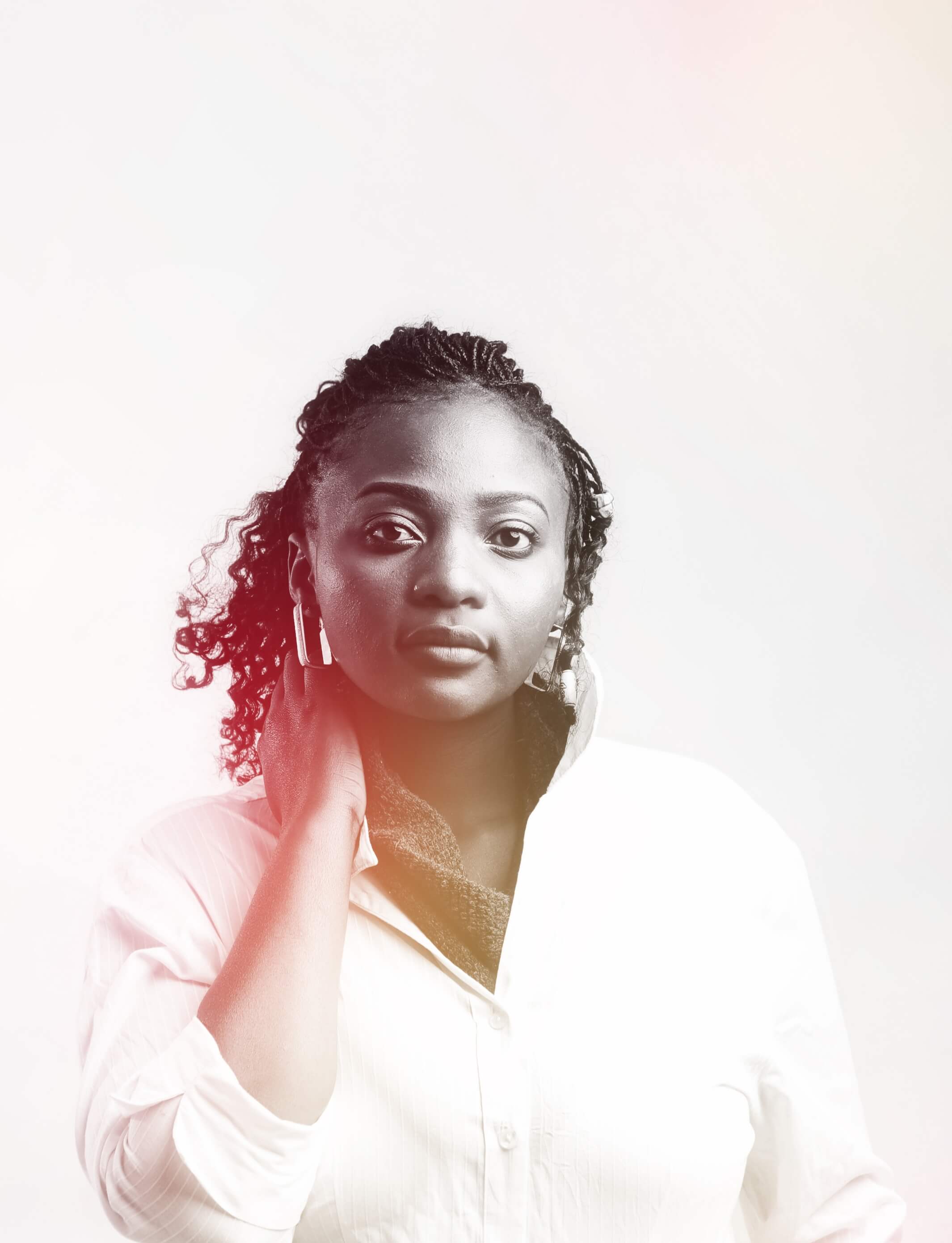Topic Resources
The Sauti publication features artworks from young African women, and showcases the linguistic diversity of Africa. #Africayouthlead
Agenda 2063 is Africa’s development blueprint to achieve inclusive and sustainable socio-economic development over a 50-year period.














 Daina Mandewo is a 23-years old final year medical student from Zimbabwe. She is passionate about global health and ensuring equitable access to healthcare for everyone. Her ultimate dream is to work for the World Health Organization. She is a volunteer at Open Tribe School providing psychosocial support for a group of adolescents living with HIV/AIDS in southern Africa.
Daina Mandewo is a 23-years old final year medical student from Zimbabwe. She is passionate about global health and ensuring equitable access to healthcare for everyone. Her ultimate dream is to work for the World Health Organization. She is a volunteer at Open Tribe School providing psychosocial support for a group of adolescents living with HIV/AIDS in southern Africa.